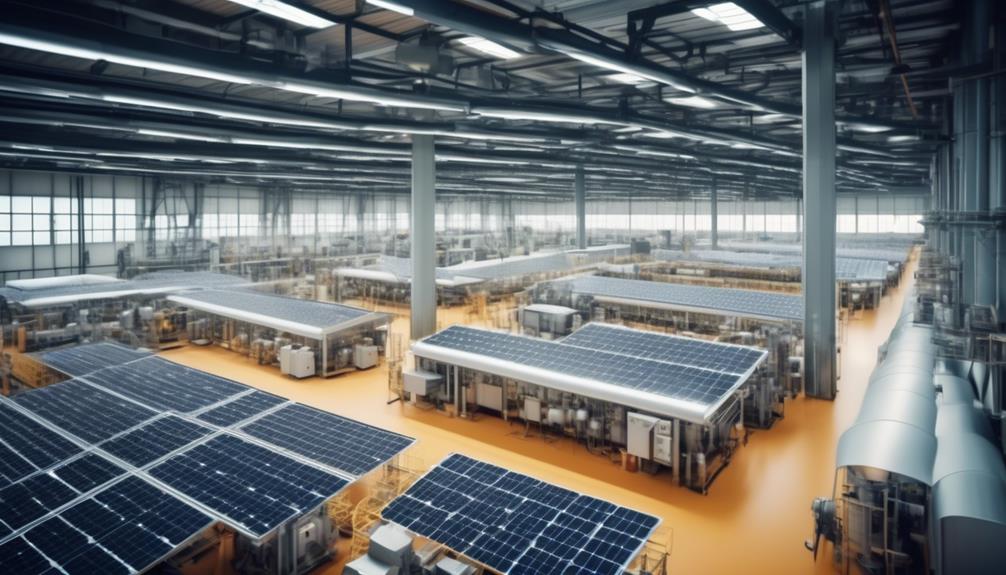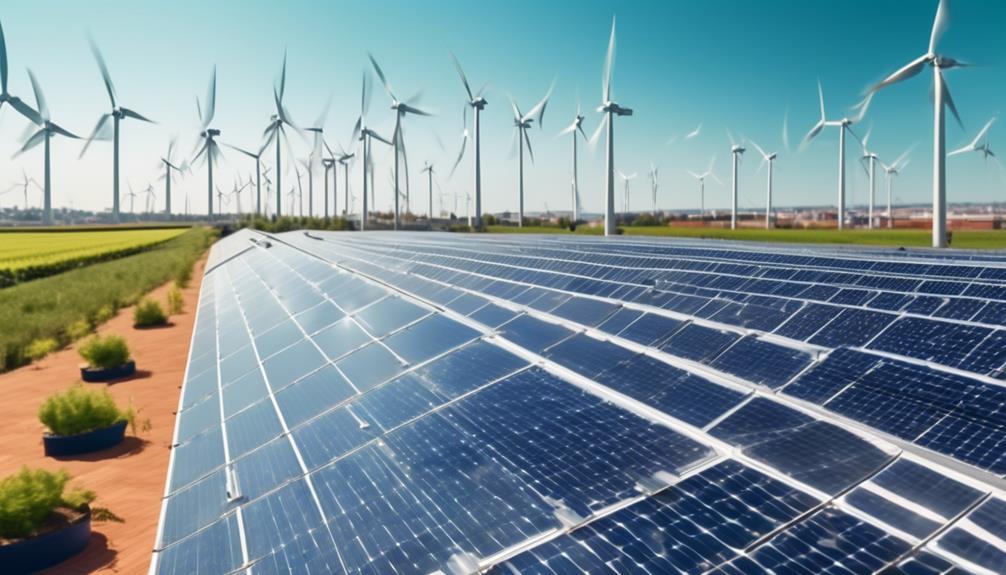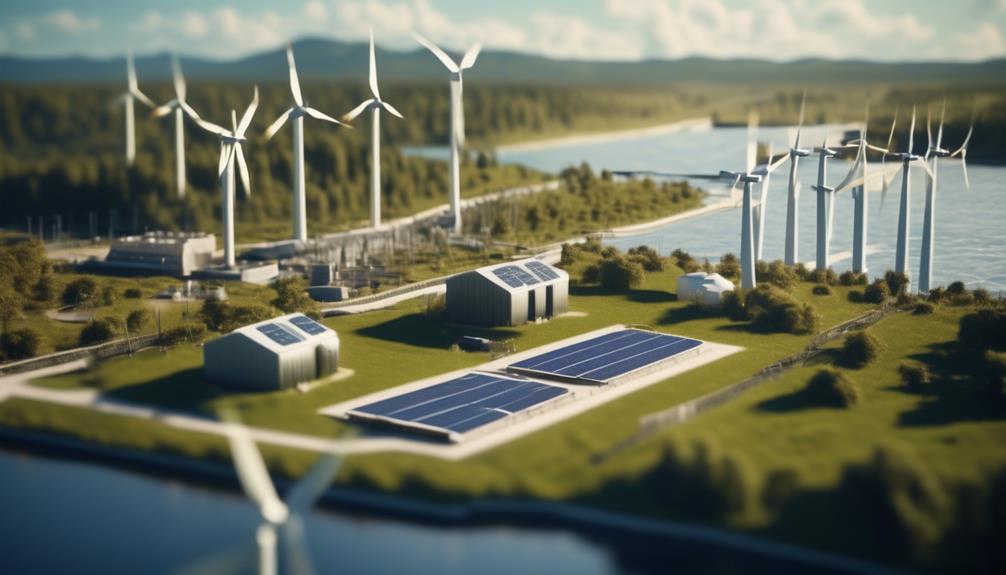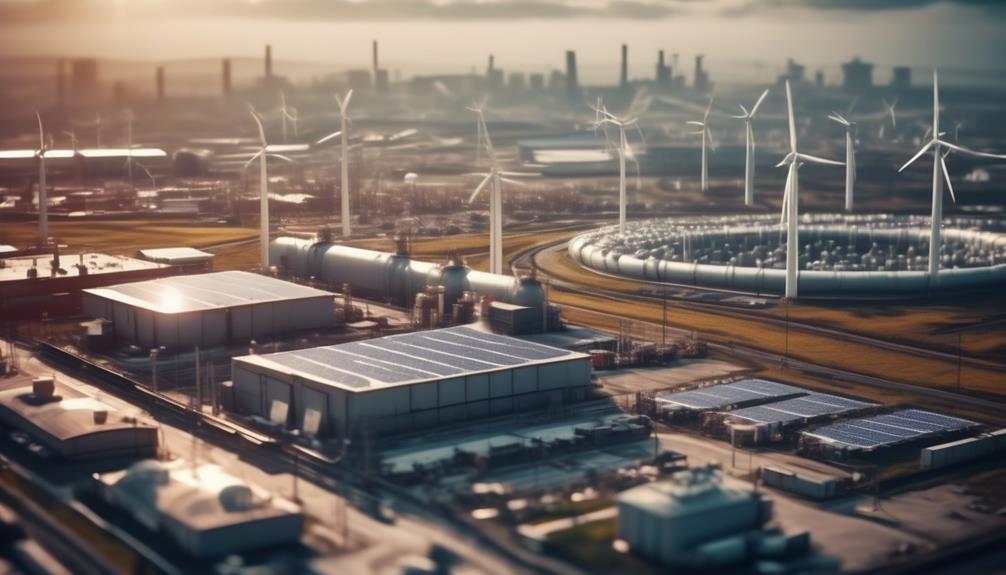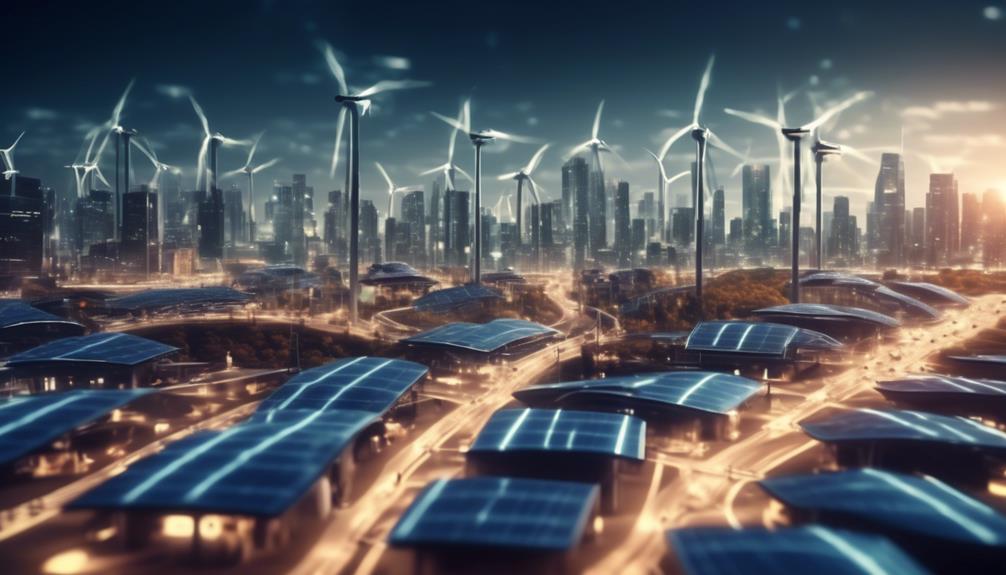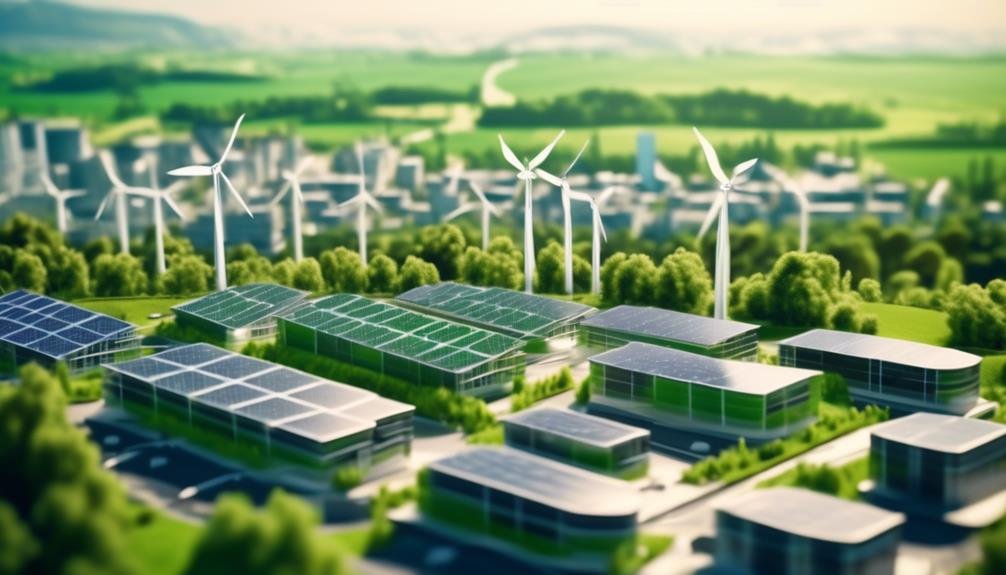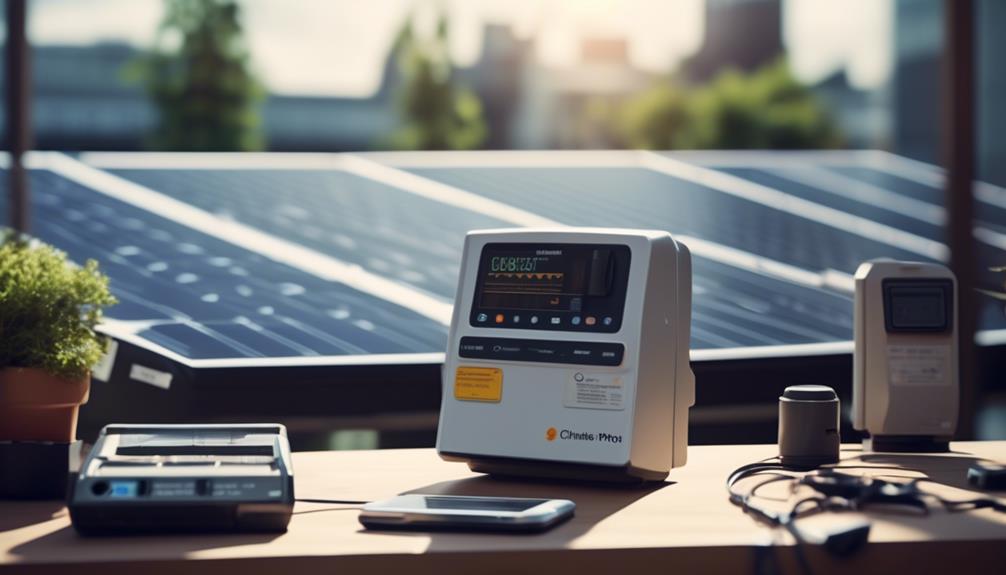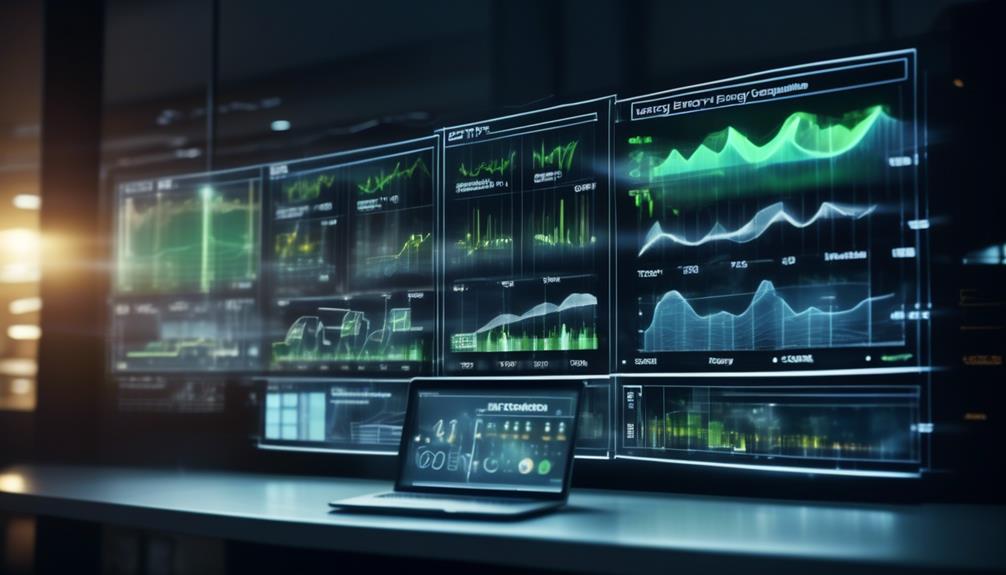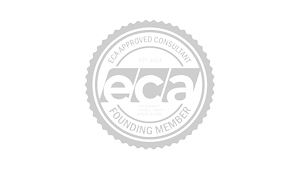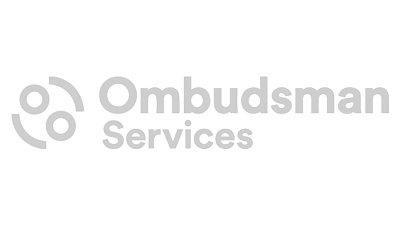In an era where the business environment is continuously evolving, the quest for sustainability stands out as a beacon for companies eager to demonstrate corporate responsibility while navigating the complexities of energy management.
The pursuit of reduced carbon footprints and optimised energy consumption is not just about keeping operational costs in check; it’s about contributing to a sustainable future in a meaningful way.
This discussion is poised to unravel three ground-breaking strategies that have been making waves in the realm of sustainable energy management, showcasing how smart grid technology, energy storage solutions, and the integration of artificial intelligence and machine learning can redefine our approach to conserving resources.
The challenges of balancing economic growth with environmental stewardship are well known, yet the solutions remain as dynamic and evolving as the industries searching for them. With an intricate understanding of these challenges, this article is crafted to resonate with business leaders and sustainability advocates alike, offering insights that are both practical and transformative.
As we delve deeper into how these innovative strategies can be leveraged for a greener and more efficient future, readers can anticipate a journey through cutting-edge solutions that promise not only to meet their immediate needs but also to inspire a broader movement towards sustainability.
Encouraged to read on, you’ll find that the path to effective energy management is both achievable and essential for businesses aiming to thrive in today’s competitive landscape.
Key Takeaways
- Energy audits, smart grid technology, smart meters, and demand response programmes are key tools for implementing energy-efficient technology.
- Grid modernisation, policy support, energy storage solutions, and smart grids are essential for integrating renewable energy sources.
- Energy conservation strategies, real-time energy monitoring, energy management software, and the integration of renewable energy sources optimise energy consumption.
- Sustainable energy management contributes to corporate responsibility, reduces operational costs, promotes a cleaner future, and inspires sustainability in various industries.
Energy-Efficient Technology Implementation
Energy-efficient technology implementation is a crucial step towards achieving sustainability goals and optimising operational efficiency in businesses. By leveraging energy audits and smart grid technology, businesses gain valuable insights into their energy usage patterns and identify areas for improvement.
Smart meters, for instance, provide real-time data on energy consumption, enabling businesses to monitor and analyse their usage patterns. This data, when combined with AI-powered analytics tools, can help identify trends and areas where energy efficiency can be improved.
Investing in renewable energy sources is another effective way to reduce operational costs and promote sustainability. By harnessing solar, wind, or geothermal energy, businesses can generate clean and renewable power while reducing their reliance on traditional energy sources. Additionally, demand response programmes can intelligently adjust energy consumption during peak times, further optimising energy efficiency.
Energy management software plays a crucial role in energy-efficient technology implementation. These tools provide businesses with valuable insights into their energy usage patterns, enabling them to make informed decisions and implement strategies to reduce waste and improve efficiency.
Renewable Energy Integration
Renewable energy integration is a critical step towards reducing reliance on non-renewable sources and achieving a sustainable energy system. By incorporating sources such as solar, wind, hydro, biomass, and geothermal energy into existing energy systems, we can significantly decrease our carbon footprint and promote a cleaner and more environmentally friendly future.
To successfully integrate renewable energy into our current systems, grid modernisation is essential. This involves the development of infrastructure and technology that can efficiently harness and distribute renewable energy across the grid. Smart grids play a crucial role in enabling the integration of renewable energy sources by enabling real-time monitoring, control, and optimisation of energy flows.
Another key aspect of renewable energy integration is policy support. Governments and regulatory bodies must provide the necessary frameworks and incentives to encourage the adoption of renewable energy technologies. This includes promoting research and development, offering financial incentives, and establishing favourable regulatory environments.
Balancing supply and demand, managing intermittency, and optimising transmission and distribution networks are also critical aspects of renewable energy integration. Energy storage solutions, such as batteries, can help store excess energy and release it when needed, minimising the impact of intermittent renewable sources.
Optimisation of Energy Consumption
To further advance the sustainable integration of renewable energy, the optimisation of energy consumption is a crucial element in reducing waste and enhancing overall energy efficiency. Energy conservation strategies and real-time energy monitoring play a significant role in achieving this optimisation. By implementing smart metering and monitoring systems, businesses can track and analyse their energy consumption patterns in real-time. This enables them to identify areas of high energy usage and potential waste, allowing for targeted energy-saving measures.
Energy management software provides valuable insights and analytics, helping businesses identify opportunities for optimising energy consumption. These tools can highlight inefficiencies, suggest improvements, and track the impact of implemented strategies. Additionally, demand response programmes can intelligently adjust energy consumption based on peak times and grid conditions, further optimising energy usage.
Integrating renewable energy sources into the energy mix also contributes to energy consumption optimisation. By leveraging renewable energy, businesses can reduce their reliance on traditional energy sources and lower their overall energy consumption. This not only reduces costs but also minimises the environmental impact associated with traditional energy generation.
In summary, the optimisation of energy consumption through energy conservation strategies and real-time energy monitoring is essential for businesses seeking to enhance energy efficiency and reduce waste. By utilising smart metering, energy management software, and integrating renewable energy sources, businesses can achieve significant improvements in their energy consumption patterns.
| Energy Conservation Strategies | Real-Time Energy Monitoring | Renewable Energy Integration |
|---|---|---|
| Smart metering and monitoring systems | Insights and analytics | Reduced reliance on traditional energy sources |
| Energy management software | Identifying areas for optimisation | Lower energy consumption |
| Demand response programmes | Adjusting energy consumption intelligently | Enhanced energy efficiency |

